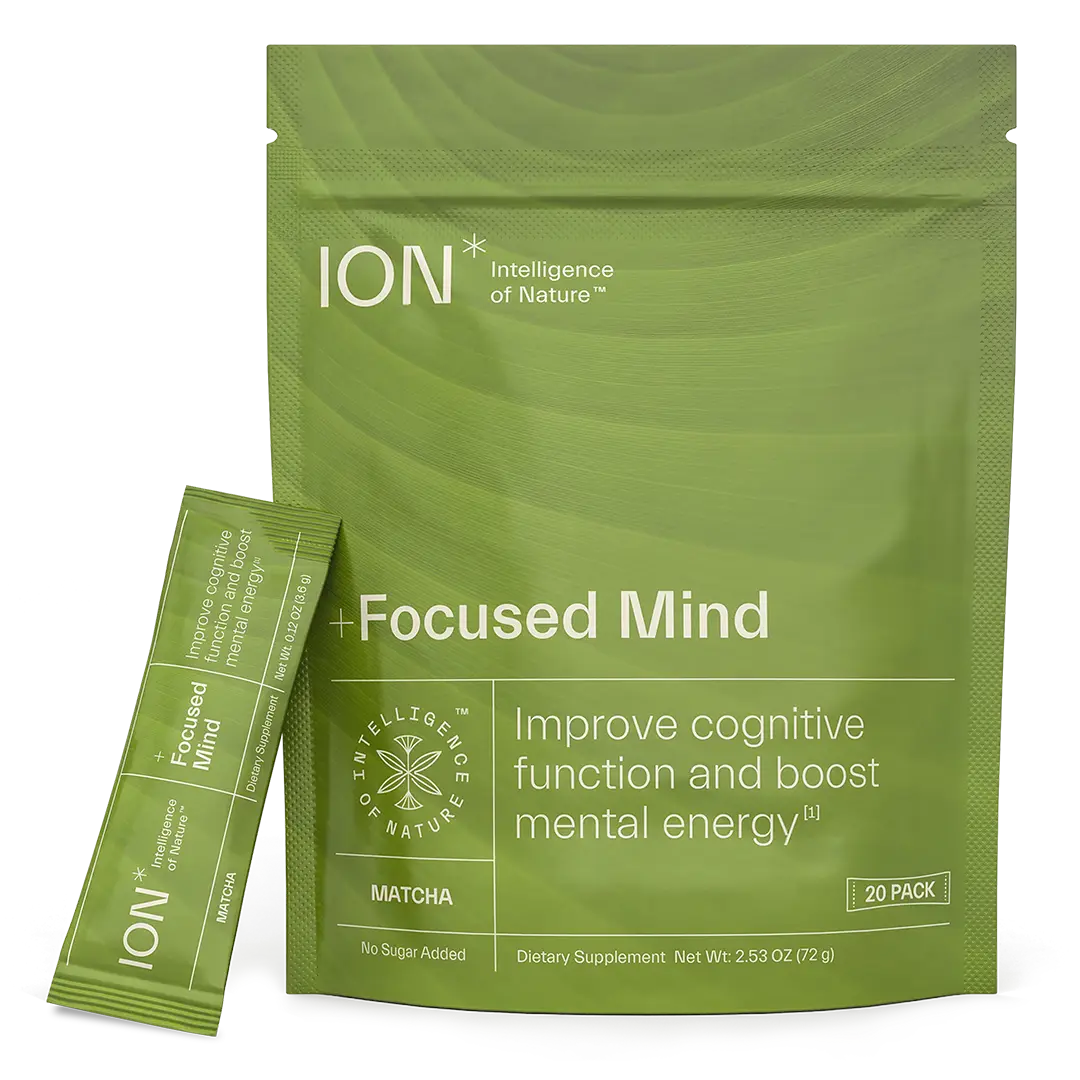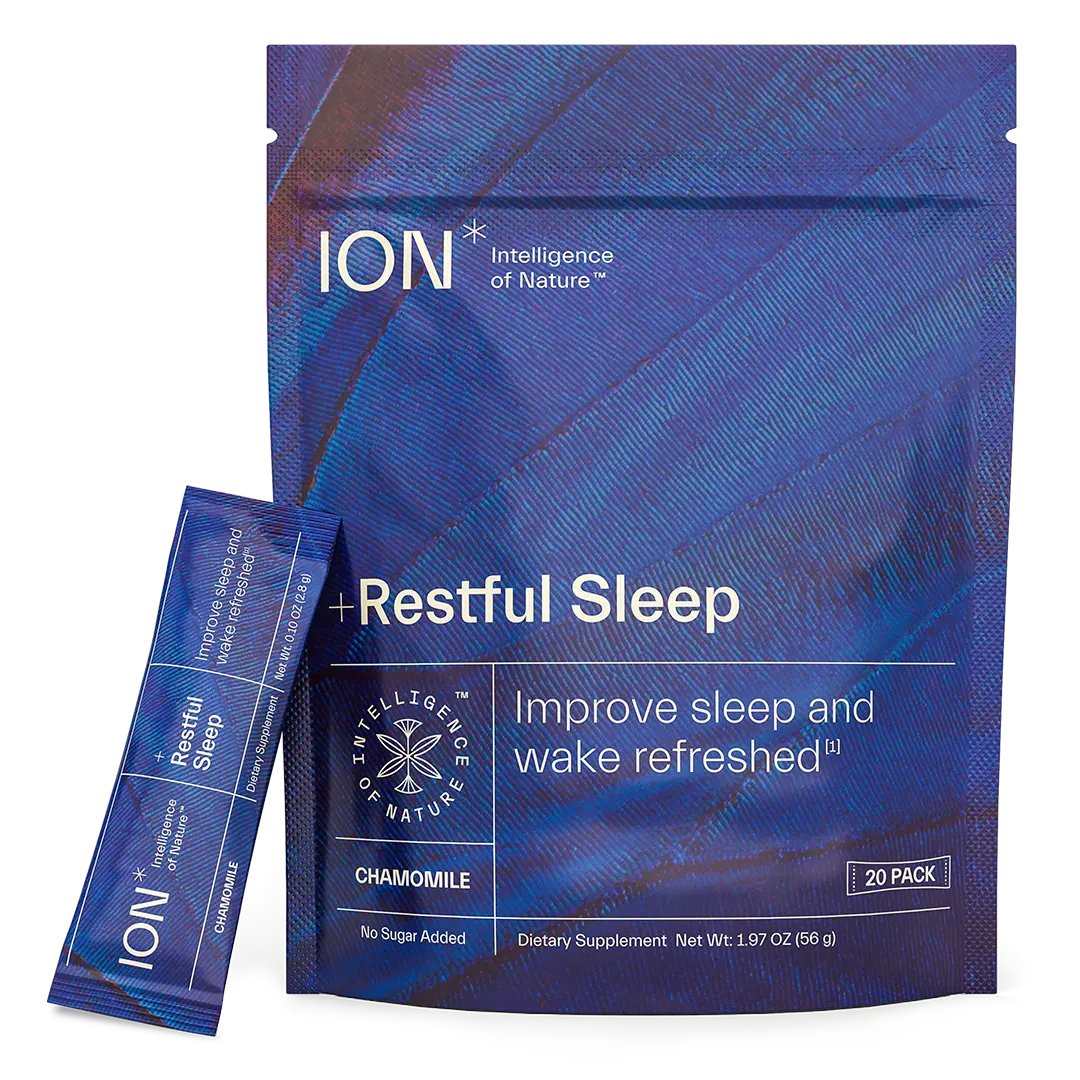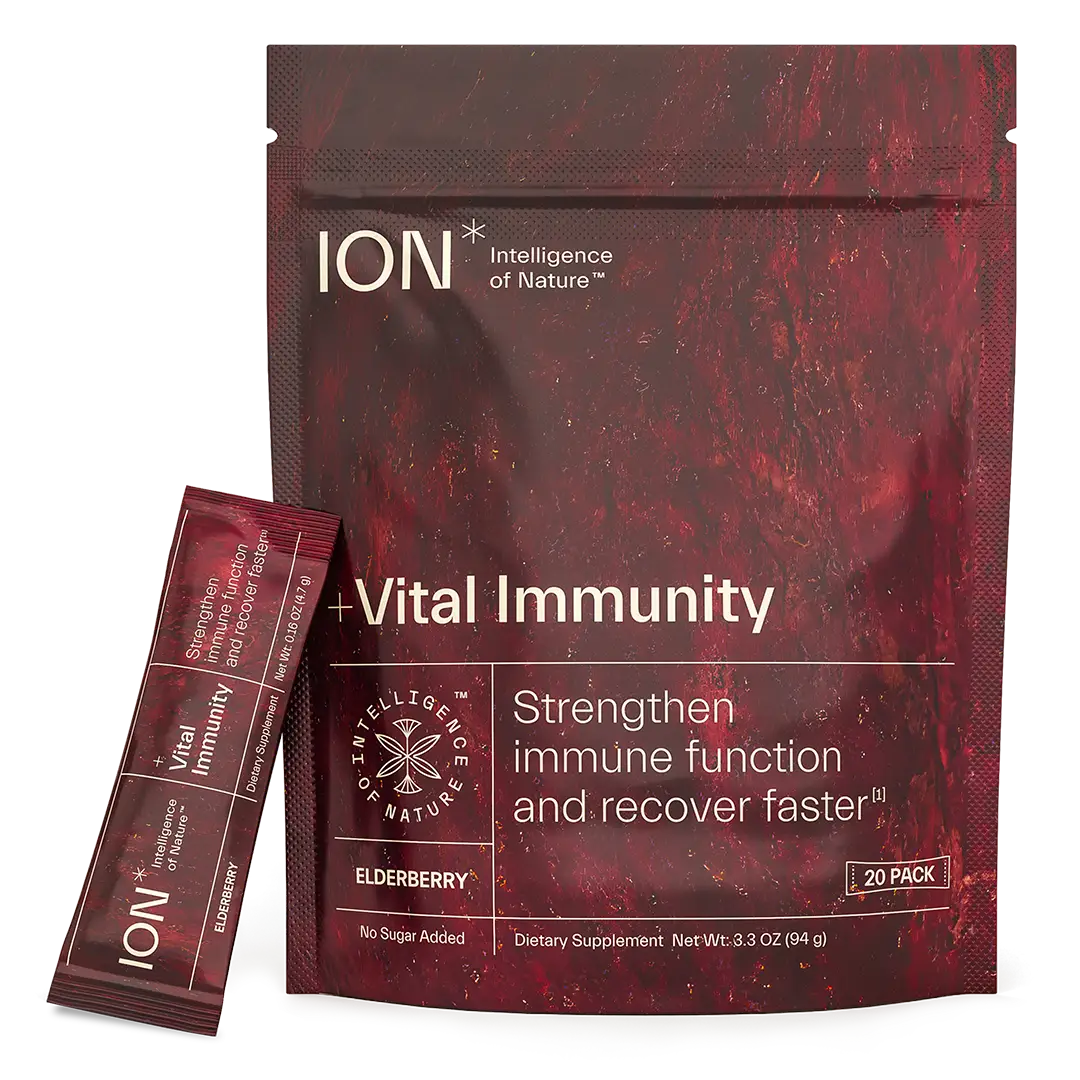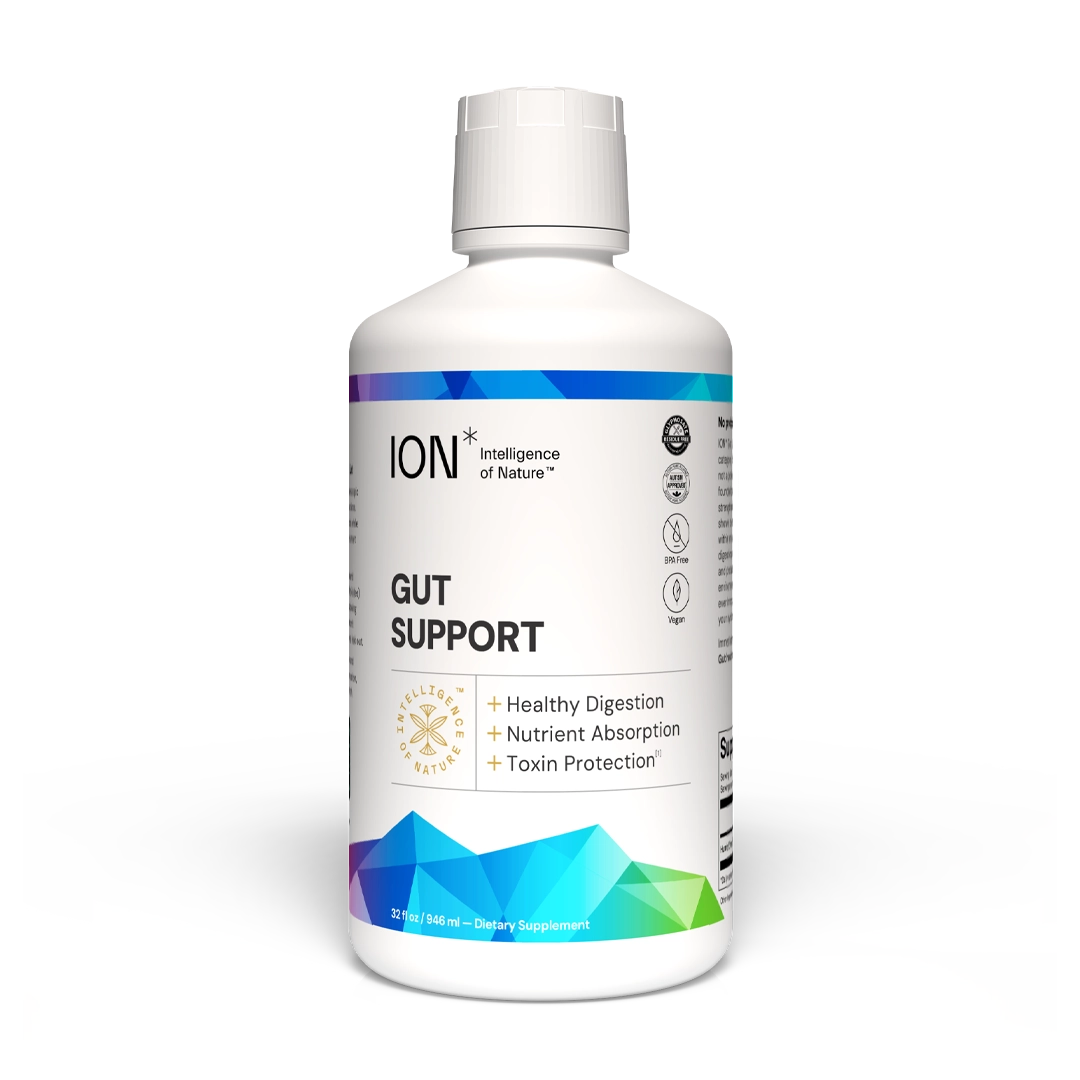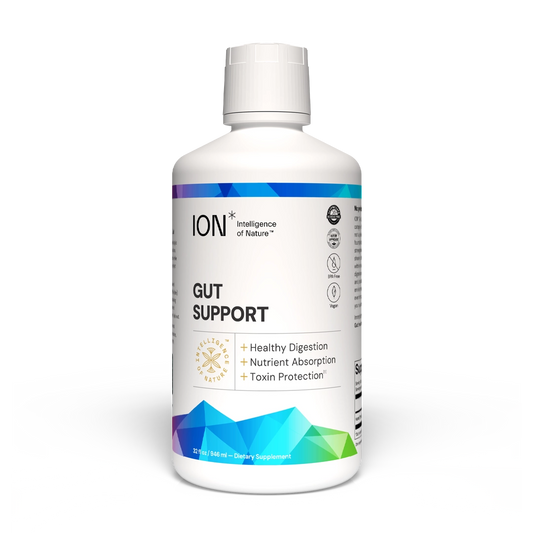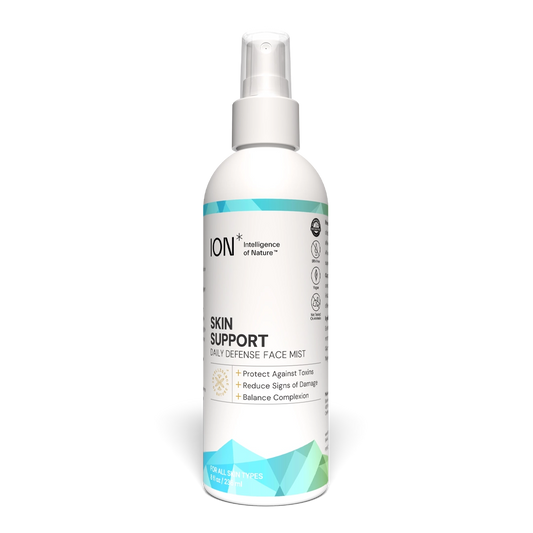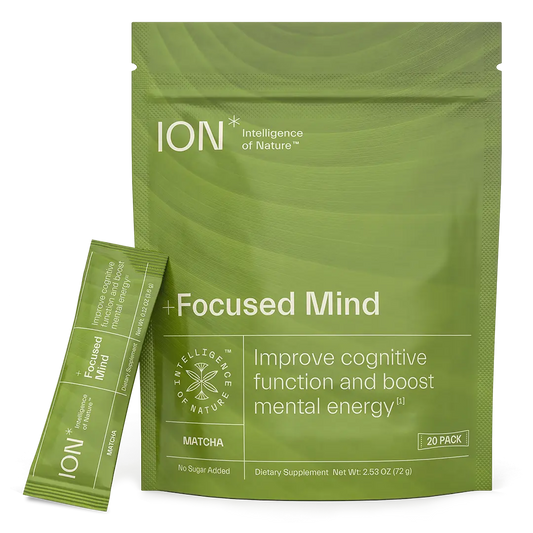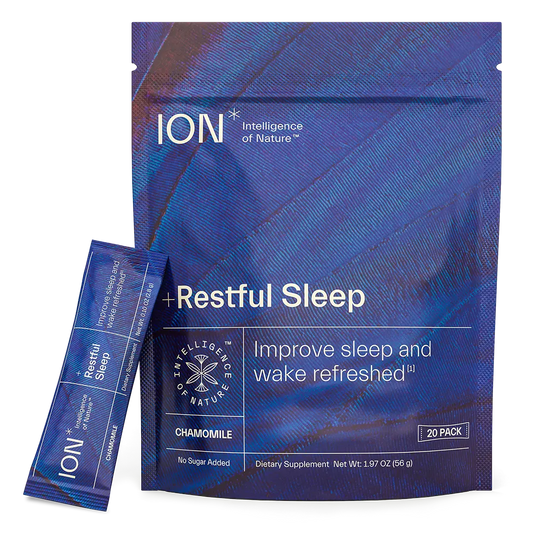
Trusting Your Gut: How Can You Know If Your Gut is Healthy?
(And What to Do If It Isn’t.)
Importance of Gut Health
While you’ve undoubtedly heard the phrase “gut health”, maybe you don’t know exactly what that means. That’s okay! There’s a lot of science and research around the topic; it can feel a bit overwhelming to take in at first. So, we’ll be breaking down the big parts of gut health in several smaller parts to make it easier to digest. (Really, no pun intended.)
First, know your gut is an incredibly important part of your body. It’s connected to so much of your daily function, way beyond digestion. For example, did you know over 70% of your immune system is in your gut? Or that the chemicals created there are responsible for neurotransmitters like Serotonin?
To put it simply: a healthy gut is very important to overall health.
An Unhealthy Gut Equals an Unhealthy Body
Unfortunately, a lot of different factors can negatively impact your gut health–including things you may not even realize. You can probably guess some (processed and high-sugar foods, and environmental toxins, for instance). But there are other things, like too much stress, too little sleep, and even overuse of antibiotics, that can harm your gut health. And because the gut is at the foundation of whole-body health, having it out of sorts can harm your heart, immune system, skin, weight, hormone levels, ability to absorb nutrients, and even further the development of disease.
The gut is important. Got it. So, how can you know if you have an unhealthy gut?
7 Signs of an Unhealthy Gut
-
Upset Stomach
Gas, bloating, constipation, diarrhea and even heartburn can be signs of an unhealthy gut. That's because a healthy gut smoothly digests food and eliminates waste. An imbalance in the gut microbiome, however, can lead to improper digestion.
-
Sugar Cravings
When you eat a diet high in processed foods and sugar, you can fuel “bad” bacteria and deplete “good” bacteria, creating dysbiosis. When the balance is off, it can further cause sugar cravings, creating a vicious cycle. Refined sugars, especially high-fructose corn syrup, can cause increased inflammation–which is the precursor to a whole host of other problems, like disease and even cancer.
-
Weight Changes
Gaining or losing weight (without trying to) may be a sign of an unhealthy gut, because an unhealthy gut can impair your body’s ability to absorb important nutrients (causing a desire to overeat), control blood sugar, and properly store fat.
-
Fatigue and Trouble Sleeping
It may be surprising, but if you’re experiencing insomnia, poor sleep, and/or chronic fatigue, it could be a sign of an unhealthy gut! The hormone that affects your mood and sleep cycles is produced in your gut–so if your gut isn’t at its optimum, neither will it be optimally producing necessary neurotransmitters like Serotonin.
-
Skin Problems
Even some common skin ailments could be related to gut health. Inflammation in your gut can cause “leaking” of certain proteins into the rest of the body, which can then irritate the skin and cause conditions like eczema.
-
Autoimmune Issues
An unhealthy gut directly impacts immune function because over 70% of your immune system is housed in the gut. Autoimmune issues can arise when an unhealthy immune system mistakenly attacks itself rather than harmful environmental invaders.
-
Food Intolerance
Food intolerance is different from food allergies, which are caused by an immune system reaction to specific foods. Food intolerances, on the other hand, could be caused by poor quality or “bad” bacteria in the gut. The diminished functionality of your gut to digest certain foods can be caused by this bacteria and lead to a whole host of your usual suspects in stomach issues: difficult digestion, bloating, gas, diarrhea, abdominal pain and nausea (and believe it or not, stomach problems in dogs are quite similar).
While the signs of an unhealthy gut can feel overwhelming, there are things you can do (even starting today!) to help improve your gut health.

Nature is the blueprint for building health from within.
6 Ways to Improve Gut Health
-
De-Stress
It should be no surprise that stress, especially chronic stress, can be hard on your health, including gut health. There are a variety of ways to lower your stress levels: meditation, exercise (walking and yoga), massage, quality time with the people you love, diffusing essential oils, decreasing caffeine intake, laughing…even having a pet can help lower stress levels.
-
Get Enough Sleep
Just like stress, it shouldn’t be surprising that sleep–and getting enough quality sleep–can positively affect your health in a number of ways (including gut health). Try to prioritize getting 7 to 8 uninterrupted hours a night.
-
Slow Down and Enjoy Your Food
Slowing down to enjoy your food by properly chewing doesn’t just help your brain signal your fullness levels better to control overeating, it can help promote good digestion and the absorption of nutrients–which contribute to a healthy gut and a healthier body overall.
-
Drink Water
Staying hydrated (which you can start working on this very minute!) is wonderful for your health and your gut health is no exception. For the gut specifically, drinking enough water has been shown to have a beneficial effect on the mucosal lining of the intestines and help balance “good” bacteria in your microbiome. It’s simple. It’s available right now. Pause reading this to have a glass of water.
-
Have Your Food Intolerance Levels Checked
Eliminating common “trigger foods” to see if symptoms like bloating, abdominal pain, diarrhea, nausea, and acid reflux are caused by food intolerance is an easy way to identify which foods are causing you problems. Knowing which foods to avoid means your digestive system is doing less overtime work and your gut is happier and healthier.
-
Look At Your Diet
Processed, high-sugar foods aren’t doing anyone any favors, and scaling back on their consumption will have a positive impact in more places than just your gut. In your gut specifically, eating less of these foods can help improve its health in a big way.
But! Cutting back on those foods doesn’t mean cutting back overall. Eating more plant-based foods, getting plenty of fiber, and including some of the best foods for gut health can positively impact your microbiome.
Top Foods to Improve Your Gut Health
There are even some foods that actively promote the growth of beneficial bacteria in your microbiome. Happy gut foods include:
-
High-Fiber Foods
Studies have shown that legumes, beans, peas, oats, bananas, berries, asparagus, and leeks pack a ton of fiber and have been shown to positively affect gut health.
-
Collagen-Rich Foods
While more research is needed, there is some evidence to suggest that collagen-rich (and therefore amino acid-rich) foods like bone broth and salmon may be good for your gut health.
-
Fermented Foods
Kimchi, sauerkraut, yogurt, tempeh, miso, and kefir are all delicious fermented foods that are wonderful sources of probiotics, which can help improve your microbiome and gut health! Psst: we recommend eating your probiotics instead of taking probiotic supplements.
Gut Health is Total Health
Between the immune system, heart, brain, mood, sleep, digestion and more, your gut is one of the most amazing, fascinating, hardworking systems in your body; and prioritizing its care is one of the best things you can do for whole-body health and wellness. That’s why we create gut healing supplements that work unlike any other to support your gut microbiome, at the cellular level, helping your body’s own functions, well, function their best.
ION* Gut Support (formerly ION* Biome and Restore Gut Health) Strengthens Your Gut at Its Foundation
ION* Gut Support is an all-natural, vegan, daily supplement that doesn’t add anything new to your microbiome. Instead, ION* works at a foundational level to tighten the cellular junctions in your intestinal lining, helping your gut–and all the things it is connected to–function naturally.
That’s because at ION*, nature is the blueprint, inspiration, guiding light, and impetus for everything we do. We use science to create health and wellness solutions that work with Mother Nature’s intelligent design to keep us feeling our best and living our healthiest lives.
